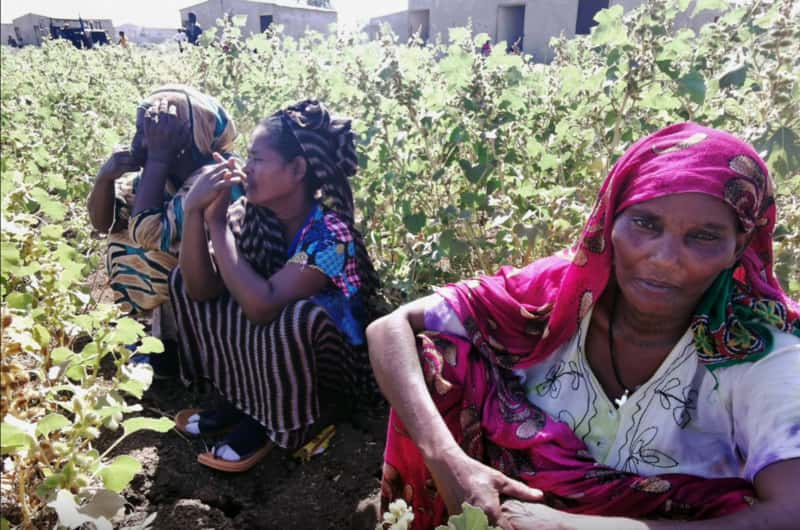×
The Standard e-Paper
Join Thousands Daily

Civilians fleeing fighting in Ethiopia’s northern Tigray region described bombing by government warplanes, shooting on the streets and killings by machete, as they joined thousands of refugees crossing into neighbouring Sudan.
Speaking to Reuters on Friday in the Sudanese border town of al-Fashqa, where more than 7,000 refugees have sought safety, witnesses gave first-hand accounts of the escalating conflict in Tigray, where government forces are battling fighters loyal to rebellious local leaders.